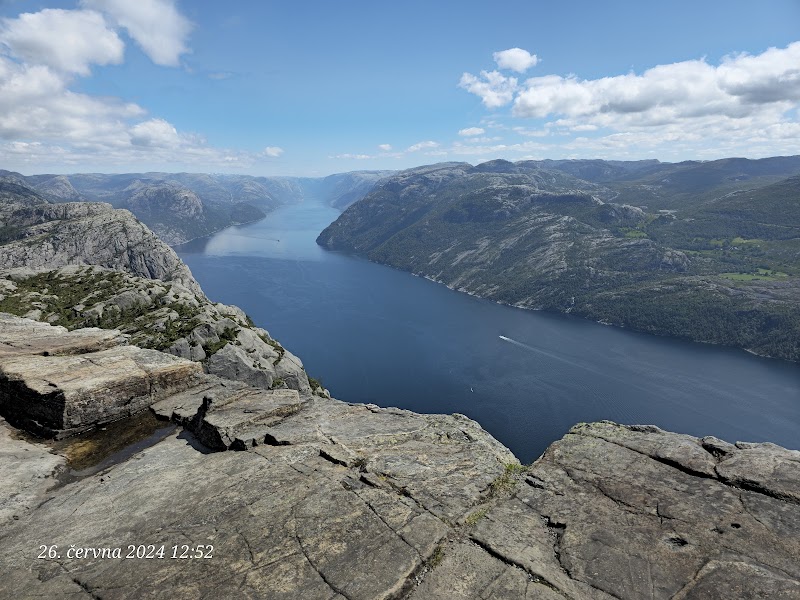
Skorveheia Protected Landscape Area Adventures
Skorveheia Protected Landscape Area is a coastal conservation zone in southern Norway known for its striking rocky outcrops, diverse plant life, and outdoor recreational opportunities including hiking and birdwatching.
About Skorveheia Protected Landscape Area

Skorveheia Protected Landscape Area is located along the southern coast of Norway in Agder county. This protected region features a rugged coastal environment with granite cliffs, rocky slopes, and small forests that support a range of native plant species, some of which are rare or endemic. The landscape area serves as an important habitat for seabirds and migratory birds, making it a significant spot for nature observation. Historically, this area has been influenced by traditional coastal use, including small-scale fishing and farming, which has shaped the region’s cultural heritage. Visitors to Skorveheia can explore scenic hiking trails that wind through coastal heathlands and lead to viewpoints overlooking the Skagerrak Sea. The combination of sea, rock formations, and vegetation also attracts photographers and outdoor enthusiasts. Due to its protected status, Skorveheia offers a quiet and less crowded experience, ideal for those interested in ecological preservation and coastal landscapes. The area's well-maintained paths provide access to both beginners and experienced hikers, while birdwatchers can often spot species such as eiders, terns, and other seabirds. The area remains a peaceful outdoor destination throughout the year, with unique seasonal changes such as blooming coastal flora in spring and vibrant autumn colors. Skorveheia Protected Landscape Area balances nature conservation with opportunities for public enjoyment of Norway’s southern coastal environment.
Highlights
Granite cliff viewpoints offering panoramic views of the Skagerrak coastline
Diverse coastal heathland ecosystem with rare plant species
Important birdwatching sites for coastal seabirds and migratory species
Quiet, low-impact hiking trails suitable for families and nature enthusiasts
Notable Natural Features
Skorveheia Cliffs
Granite cliffs rising directly from the shoreline provide striking views and important nesting grounds for seabirds.
Coastal Heathland
Unique ecosystem dominated by low shrubs, heather, and rare flowering plants adapted to the salty, rocky environment.
Seabird Colonies
The protected area supports colonies of eiders, terns, and other seabirds, making it a key site for bird conservation and observation.
